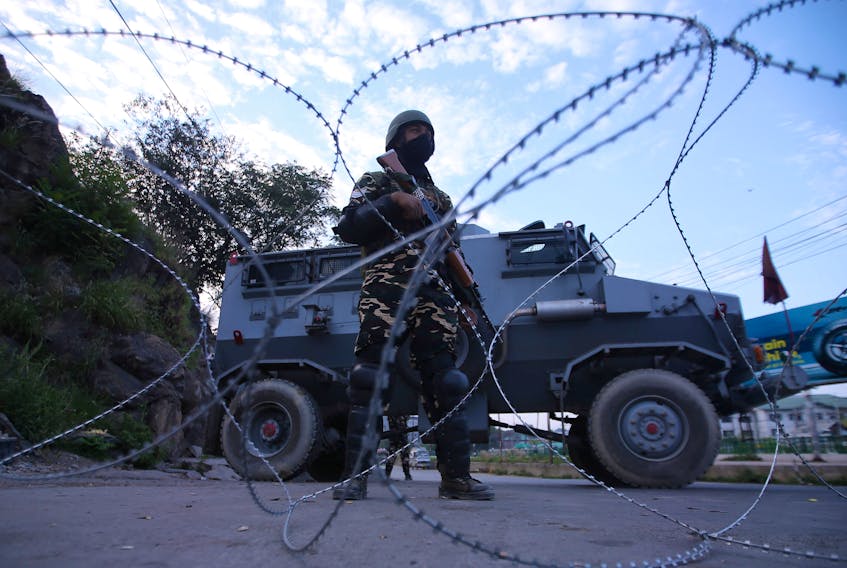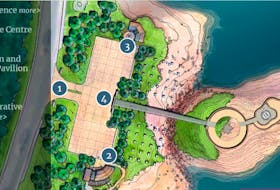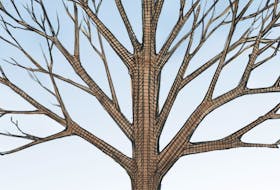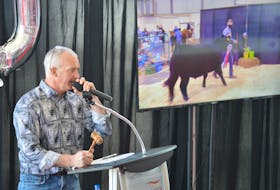
Adi Shankaracharya, an early eighth-century Indian philosopher and theologian, travelled the Indian subcontinent far and wide, making a stop in Sharada Peeth. His words describe the strength and beauty of Goddess Sharada and her abode, Kashmir, and continue to reverberate through time in homes and Hindu temples across the world.
What would he have thought of the Kashmir today?
The controversial decision of the National Democratic Alliance, led by Prime Minister Narendra Modi, to repeal Articles 370 and 35A — the former of which granted special status to the state of Jammu and Kashmir and the latter which empowers the state to define permanent residents — has put Kashmir in the spotlight once again. From American comedian and political commentator Hasan Minhaj to Indian actor Anupam Kher, everyone has offered their two cents on the matter, lauding or criticizing the change. The region has seen its fair share of ups and downs.

Speak to Kashmiri Pandits who became refugees in their own country and pain oozes from their voices, regurgitating the sights and sounds of the insurgency in 1990 alongside the cries of “Ralive, Tsaliv ya Galive” (which translates to either convert to Islam, leave the land or perish) being blared from loudspeakers.
Speak to Kashmiri Muslims today, held hostage in their homes, with heavily armoured vans and the military patrolling their neighbourhoods, unable to communicate with their loved ones, and the emotions are evident.
“My brother and his family live with my mother in Srinagar... I always talk to her every day 7 o’clock … so this is painful when I’m not able to talk to my mother, my brother, his kids and friends. … Phone lines are dead. …This is been forced upon us. People are caged inside their houses,” said Yaqoob Qureshi, a native Kashmiri residing in Atlantic Canada on the tense situation currently enveloping Jammu and Kashmir.
A disputed region between India and Pakistan since 1947, the state of Jammu and Kashmir is the world’s most militarized zone.

This isn’t the Kashmir he was born and raised in.
“Apart from few events that strike my mind before 1989 … Operation Bluestar, the assassination of Indira Gandhi, the hanging of Bhutto and the rise of Zia Ul Haq, Kashmir was most peaceful and beautiful as it is even now,” he said.
With the abrogation of Articles 370 and 35 (A), the state has now been designated the status of Union Territory, placing it under the direct rule of the central government in New Delhi. Slowly, connectivity to the region is being restored but thousands remain cut off from the rest of the world.
For Nayyar Taben, who is from the city of Rawalpindi, Pakistan, Kashmir evokes strong childhood memories.
“I was 10 years old. … At 9 o’clock news time, before it, there would be patriotic songs like ‘Teri Jannat Mein Aayenge Ek Din.’ ‘Sitam Sha’aaron se Tujh ko Bachayenge Ek Din’ played … I do remember the feeling running in your blood like, ‘Oh, something bad is happening’… so I don’t have a very good picture of Kashmir,” said Nayyar, who is raising her family in Atlantic Canada.
For the last seven decades, power, greed and control have constantly pitted nuclear powers India and Pakistan against each other, allowing a few to profit immensely from the business of war while others lost family, homes and lives. A direct consequence of this, for Indian citizens, is the inaccessibility to a part of one’s own country.
“I always wanted to visit Kashmir, but the violence … when I listen to all of that, I’m actually scared to go there … I feel ashamed to say it that I’m scared to visit my own part of the country,” said Sabreen Bibiana, a Tamilian from Delhi living in Newfoundland and Labrador.
This month marks India’s 73rd year of independence from the British Raj. But Sophia Solomon, from Bengaluru, India, who generally takes immense pride in her country, said she did not know what she was celebrating that day. She doesn’t support the way Article 370 and 35 (A) were repealed.
“Most of the Indians are supporting this. I do feel left out, and I can’t even imagine for the Kashmiris … For me (as a non-Kashmiri) to go through what I’ve been going through, I haven’t been able to sleep because of all the comments I’ve been getting for my stance. I can’t even imagine what Kashmiris must be going through,” she said.
For the last 30 years, the region’s turmoil has caused a noticeable shift in the demographic. Jammu and Kashmir’s Official State Portal says that, “According to political scientist Alexander Evans, approximately 95 per cent of the total population of 160,000–170,000 of Kashmiri Brahmins, also called Kashmiri Pandits, (i.e. approximately 150,000 to 160,000) left the Kashmir Valley in 1990 as militancy engulfed the state. According to an estimate by the Central Intelligence Agency, about 300,000 Kashmiri Pandits from the entire state of Jammu and Kashmir have been internally displaced due to the ongoing violence.”
Decimated to mere thousands, the pain of the genocide committed against Kashmiri Pandits in the 1990s continues to transcend time, with many forced to accept refugee status in a country they called their own. Now, the changes in the region allow them to return home, to their loved ones and to a land they called their own.
The plight of the Kashmiri Pandits isn’t to be wished upon anyone. But are the events unfolding in Jammu and Kashmir characteristic of democracy? Do two wrongs make a right?
The decision to abrogate Article 370 and 35 (A) — whether right or wrong — leads to an unpleasant and possibly dangerous situation. For the sake of billions of lives and the Kashmir that Adi Shankaracharya described so eloquently, could we please not place the baggage of the past on the shoulders of the future?
Prajwala Dixit is an Indian-Canadian engineer, journalist in St. John’s who writes a biweekly regional column for SaltWire Network. When she isn’t engineering ways to save the world, she can be found running behind her toddler and volunteering. Follow her and reach her at @DixitPrajwala
MORE FROM PRAJWALA DIXIT
- A wave of change is emerging in Atlantic Canada
- The perks and perils of immigrant parenting
- More finesse in Newfinese than meets the eye
- Time to make better choices before it’s too late to save the planet
- Movies magically bring people together, promote cultural understanding
- Racism alive and well – but it may not be what you think
- Think you see discrimination? Call it out
- Reliving Ramadan in Atlantic Canada









